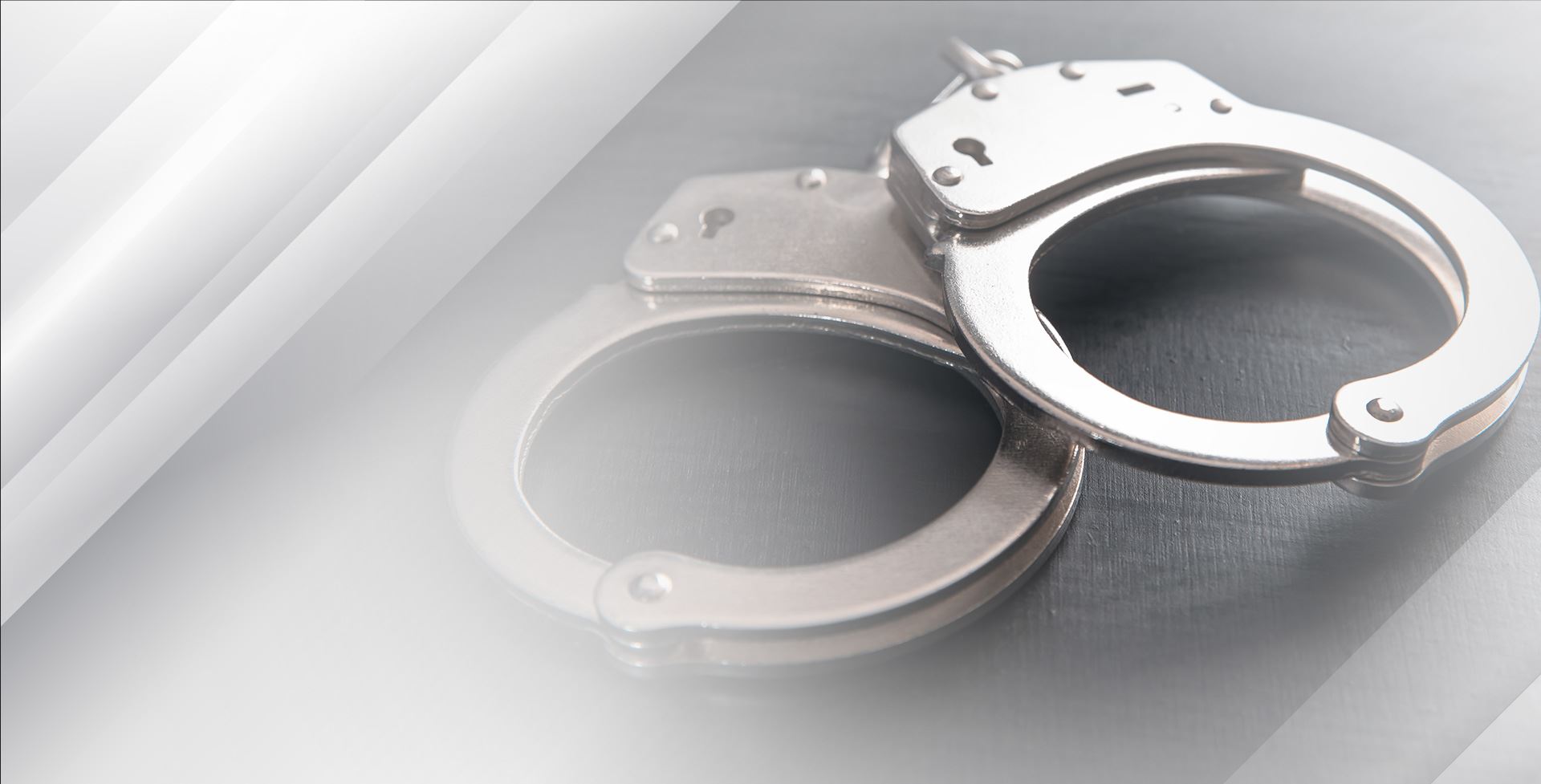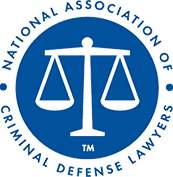
Orange County Child Pornography Lawyer
Defending Client's Rights Against Serious Child Pornography Charges Nationwide
Facing charges of child pornography can have devastating effects on every aspect of your life. Such allegations not only carry severe legal penalties, including potential imprisonment and mandatory registration as a sex offender, but they also inflict deep personal and professional damage. However, with a dedicated child pornography defense attorney by your side, you have the chance to protect your rights and fight for a fair outcome.
At the Law Office of Diane C. Bass, we understand the profound impact that being accused of a serious crime can have. Our team is committed to providing rigorous defense strategies tailored to each client's unique situation. With years of experience and a deep commitment to justice, we strive to achieve the best possible outcomes for our clients.
Contact the Law Office of Diane C. Bass today at (949) 990-4195 to discuss your situation and get the legal help you need.
What Happens If You Are Charged With Child Pornography Offenses?
Child pornography crimes are usually filed in federal court. Most child pornography is downloaded or purchased on the internet. Child pornography investigations usually involve sting operations where a federal agent is intercepting communications on the internet. Once suspected of child pornography offenses, a search warrant will be issued for your computer. Computer forensic experts then conduct a thorough investigation of the hard drive of your computer. These cases are severe and, although usually filed in federal court, also result in the requirement that the individual register as a sex offender pursuant to state law.
In order to be guilty of any crime involving alleged child pornography, it must be proven beyond a reasonable doubt that the images involved actual minors.
Child pornography is defined as any visual depiction, including any photograph, film, video, picture, or computer-generated image or picture, whether made or produced by electronic, mechanical, or other means, of sexually explicit conduct involving a minor. Child pornography may also include computer or digital visual depictions that are indistinguishable from pictures of actual minors. “Indistinguishable” means that an “ordinary person viewing the depiction would conclude that the depiction is of an actual minor.” Drawings, cartoons, sculptures, or paintings are specifically excluded.
There are serious mandatory minimum sentences in these cases when filed in federal court. There are a number of defenses to these cases.
Must You Register as a Sex Offender After Receiving Child Pornography Charges?
If you have faced accusations of some child pornography offense, your reputation is likely to take a hit regardless of the truth that is one day revealed. However, simply facing a child pornography charge does not render a person a sex offender for life.
If, after a trial in court, the prosecution wins their child pornography conviction, those found guilty of sex crimes will have to maintain regular sex offender registration. Failure to register with law enforcement officials every year and every time they move to a new location can result in criminal charges.
The lowest tier of sex offenders — those guilty of misdemeanor sexual battery, sex by fraud, misdemeanor sodomy, indecent exposure, and some other sex crimes — will require mandatory sex offender registration for ten years. Tier two has a 20-year registry for those guilty of a sex crime — with crimes like sexual activity with a minor, rape, and incest. Tier three offenders come with a mandatory lifetime sex offender status. Felony offenses that could land someone on tier three include sex crimes relating to the trafficking of children, sexual acts with a child under age ten, sexual abuse, taking a child with the intent to create obscene child pornography, and other illegal sexual conduct.
What Are the Limits of the Attorney-Client Relationship?
If you have been accused of a child pornography crime, it is important that you speak with criminal defense lawyers experienced with representing clients in felony child pornography cases. Bound by the attorney-client relationship, the details of your child pornography case are to be kept private and privileged information. Your criminal defense attorneys are there to help defend your rights and see to your best interests.
However, it is important to note that the attorney-client relationship does have its limits.
If you are speaking to a friend who happens to be a working or retired lawyer, that does not make what you say in communication any kind of confidential. A defense attorney needs to be working as your legal representation in order to be protected by attorney-client confidentiality.
Additionally, if you tell your lawyer of future crimes you intend to commit, then your lawyer may be compelled to break confidentiality, especially if the crime puts someone else in danger.
If, however, you are being charged for child pornography or some other type of past sexual exploitation, then your federal defense attorney may be able to help you in and out of court. With a successful defense, your legal representation may be able to help keep you out of county jail or state prison.
What Are the Penalties for Child Pornography Offenses?
Most child pornography charges can be prosecuted as either a felony or a misdemeanor. Which way the district attorney decides to go may depend on the case they think they have, or the details of the crimes laid out before them. The difference between a misdemeanor and felony charges could be the difference between a fine and years of imprisonment.
A conviction for a misdemeanor child pornography offense can result in up to one year in county jail and/or a maximum fine of up to $2,500.
Felony child pornography cases can see the defendant locked away behind bars for three years in state prison. There are also immigration consequences. A non-US citizen could end up being deported back to their country of origin.
The inclusion of other charges relevant to your child pornography arrest could result in enhanced sentencing. For example, a defendant who is charged with the use of a deadly weapon or attempted murder may have additional judgments to worry about. Your child pornography defense may also be impacted by your previous criminal history.
If you have been accused, then it is important to begin building your child pornography defense right away with the help of an experienced criminal defense attorney. Charges for running a child pornography website or making some commercial gain depicting minors in a sexual act can sometimes result in charges just as damning as those that fall on the individuals who made the pornographic materials in the first place.
Call the Law Office of Diane C. Bass to schedule your consultation where you and the attorney may discuss your legal issue and the best course of action going forward.
How Child Pornography Defense Lawyers Help People Who Have Been Charged
Being charged with child pornography is an extremely serious and distressing situation, and the role of a defense lawyer is crucial in navigating the complexities of such a case. Child pornography defense lawyers provide much-needed support, expertise, and guidance to those facing these grave accusations. They work diligently to protect the rights of their clients, ensuring a fair trial, and strive to mitigate the severe consequences that can accompany a conviction. Through thorough investigation, skilled negotiation, and strategic defense, these attorneys aim to achieve the best possible outcome for their clients, whether that involves reducing charges, negotiating plea deals, or fighting for an acquittal in court.
Services Provided by Child Pornography Defense Attorneys
- Case Evaluation and Strategy Development: Conducting a comprehensive review of the charges and evidence. Identifying weaknesses in the prosecution's case. Developing a robust defense strategy tailored to the client's situation.
- Legal Guidance and Advice: Explaining the legal process and potential outcomes. Advising clients on their rights and legal options. Preparing clients for court proceedings and possible questions.
- Investigation of Evidence: Hiring computer forensic experts to analyze digital evidence. Interviewing witnesses and gathering testimonies. Examining law enforcement methods and procedures for any errors or misconduct.
- Pre-Trial Motions and Hearings: Filing motions to suppress illegally obtained evidence. Arguing for the dismissal of charges or reduction of bail. Attending and representing clients at pre-trial hearings.
- Plea Bargaining: Negotiating with prosecutors for reduced charges or sentences. Advising clients on the benefits and drawbacks of accepting a plea deal. Ensuring any agreements are in the client's best interest.
- Trial Preparation and Representation: Preparing and presenting a compelling defense at trial. Cross-examining prosecution witnesses and challenging their credibility. Presenting evidence and witnesses that support the client's case.
- Post-Conviction Assistance: Assisting with appeals and seeking to overturn wrongful convictions. Advising on parole and probation matters. Helping clients comply with sex offender registration requirements and other post-conviction obligations.
By providing these critical services, child pornography defense attorneys help their clients receive fair treatment within the justice system and helping them reclaim their lives in the aftermath of such serious charges.
Call to Discuss Your Orange County, CA Case
If you have been charged with possession of pornographic material which appears to depict minors simulating sexual conduct, you could face harsh consequences if found guilty of child pornography crimes. However, an accusation is not the same thing as a conviction, and everyone has legal rights that deserve to be defended.
Whatever the particulars of your case may be, if you are charged with felonies or misdemeanors, your defense lawyer may be able to help provide a defense that establishes you did not knowingly possess or control illegal pornographic materials. Your legal representation may be able to show that you were falsely accused or that a police officer performed an illegal search without a proper search warrant. Or, with a successful plea bargain, could see a felony conviction bumped down to a misdemeanor.
To discuss your legal issue, please contact the Law Office of Diane C. Bass to schedule a confidential consultation. Ms. Bass has a winning reputation with clients, law enforcement officials, and her fellow criminal defense lawyers. Call (949) 990-4195 to schedule your consultation today.

Trusted By Clients
Reviews & Testimonials
-
"She will put your anxiety at ease and get you through the tangled system."Diane is the perfect mix of gentle understanding and fierce action you’ll need if you find yourself dealing with the OC court system.- Angie T.
-
"Whatever you’re going through, I’m confident Diane will achieve the best outcome you could hope for."My first impression was that she’s very experienced, no-nonsense, knows the law, how the system works, and was very busy as a result. I quickly realized that she exceeded even those first impressions but also cared very much about my story, needs, an- Daniel B.
-
"From the start of my case, she has been there for me."First of all, I would like to thank Diane for everything she has done for me. From the start of my case, she has been there for me. Only very few people were granted bond and she pulled it off in my case. I know for a fact not too many lawyers could have done that. I am on probation for three years.. while “the others” will not have the chance to raise their children and live their lives. I was headed to prison….I am free.. and for that, I am forever grateful.- John H.
-
"Diane Bass is a phenomenal attorney."After meeting with Diane I felt immediate comfort, and I was sold on the fact that I could trust this amazing person with my life. Diane Bass was there for me every step of the way like no other attorney had ever been.- Ryan O.
-
"She is not afraid to battle for you. With her, you will never be alone."Diane is a brilliant attorney. She listens carefully to your problems and clearly advises you with honesty. She was with me from the first day of my case and I have never been disappointed in any way.- Maria K.
-
"I highly recommend Diane if you are dealing with legal troubles of your own."Since this being my first Federal offense, I had no idea what to expect. I was extremely anxious. After talking to Diane, I felt like she was the attorney I needed to help me get through these challenging times. Her professionalism and knowledge of the law- Adam P.
-
"Diane’s work is second to none."
Diane’s work is second to none. I was charged with felony DV, and after working with one firm in Irvine that did absolutely nothing, I did some hard research and found Diane. She worked quickly and diligently and got the case dismissed. I absolutely don’t foresee me needing a criminal lawyer down the road, but if I do, it’ll be Diane hands down!
- Shadic A. -
"Diane is the most professional, thorough attorney I have ever met."Her expertise, connections, analysis, and comprehensive review of my situation were more than I could ever ask. I am extremely grateful and couldn't be happier with my choice!- Jeff R.


Why Choose Law Office of Diane C. Bass?
-
Top-Rated & Award-Winning Legal RepresentationWe consistently deliver results that exceed expectations, earning the trust of clients and accolades from the legal community.
-
25+ Years of Criminal Defense Legal ExperienceWith over 25 years of criminal defense legal experience, we bring a wealth of seasoned insight and a proven track record of success to every case we handle.
-
Extensive Knowledge & Experience With Federal CasesWith extensive knowledge and experience in federal cases, we offer comprehensive legal strategies tailored to the complexities of each situation.
-
An Outstanding Reputation Amongst Clients & PeersOur reputation among clients and peers alike reflects our unwavering dedication to achieving the best possible outcomes for those we represent.
-
Featured in the MediaAttorney Bass is frequently featured in media outlets such as The Washington Post, LA Times, ESPN, Forbes, the Wall Street Journal and more.
-
Track Record of SuccessWith a track record of handling some of the most significant cases in the Central District of California, our firm brings unmatched experience to every client's defense.




